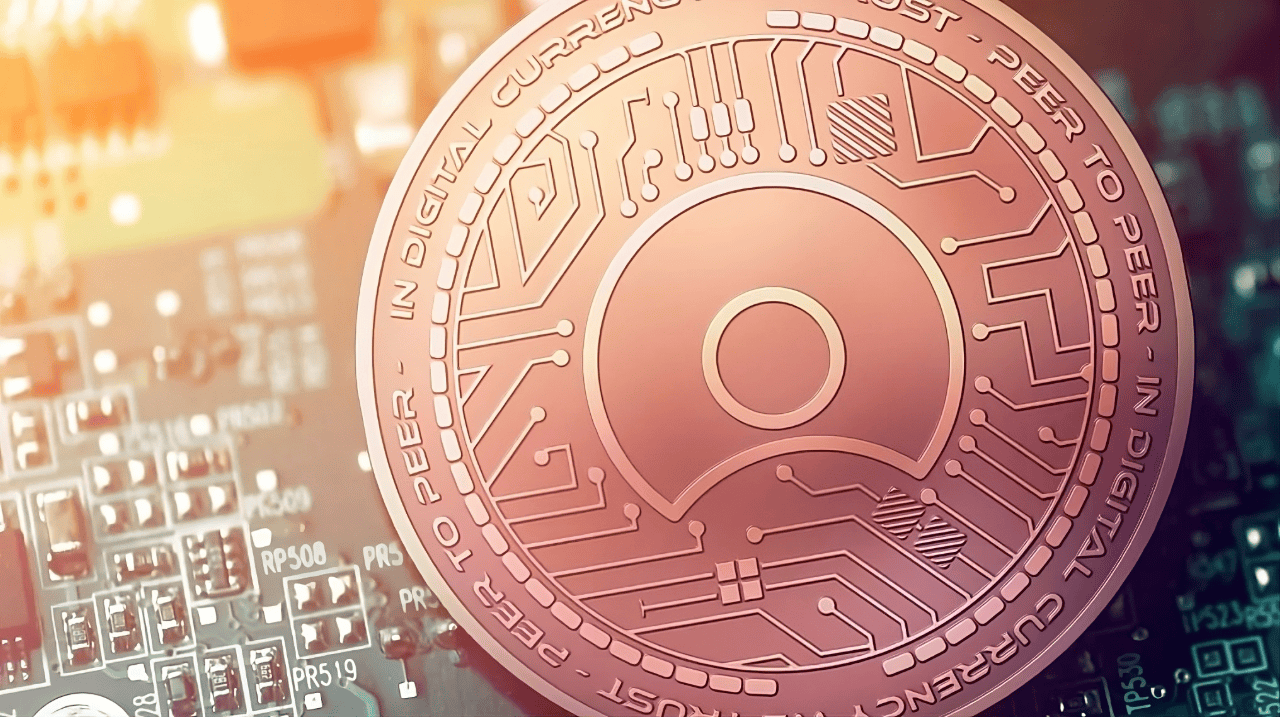Real-world asset tokenization is transforming industries, such as real estate, finance, and supply chain management.
Leading Blockchain Companies for Asset Tokenization. Blockchain technology drives this transformation from several community projects. They are responsible for providing the secure and transparent infrastructure needed for the tokenization process.
Choosing the right blockchain for asset tokenization
For asset tokenization on a blockchain, the blockchain must meet critical characteristics. Without them, the tokenization process could not be carried out:
Smart Contracts: The ability to implement Smart Contracts is fundamental to asset tokenization. Smart contracts are computer programs that are automatically executed when certain predefined conditions are met. They enable the issuance, management, and transfer of tokens transparently and automatically, eliminating the need for intermediaries.
Scalability: A scalable blockchain is crucial to support a large number of transactions and users. Asset tokenization can involve high transaction demand, so the blockchain must be able to handle this load seamlessly. Scalability ensures a smooth experience and avoids network congestion.
Security: Security is key when dealing with tokenized real assets. The blockchain must have robust cryptographic security measures to protect assets and transactions. This includes data encryption, user authentication, and protection against malicious attacks.
Interoperability: The ability to interact with other blockchains and systems is very important for asset tokenization. Interoperability enables the seamless transfer of tokens between different platforms and facilitates integration with existing systems, which improves the efficiency and adoption of asset tokenization.
Regulatory compliance: The blockchain used for asset tokenization must take into account legal and regulatory requirements. This involves the ability to comply with KYC (Know Your Customer) and AML (Anti-Money Laundering) regulations apply geo-restrictions and ensure compliance with financial regulations. A perfect example of this is the recent ERC-3643 standard.
All of these features are critical to ensure efficiency, security, and regulatory compliance in the tokenization of real assets. When choosing a blockchain for this purpose, it is essential to assess whether it meets these characteristics and whether it can be adapted to the specific needs of the tokenization project.
Blockchain for tokenization
There are a few blockchain projects that you can use for asset tokenization:
Ethereum: This is one of the most prominent options due to its smart contract functionality. It allows the creation of digital tokens that represent real assets and facilitates their exchange. Ethereum’s decentralized nature ensures transparency and security in token transactions. In addition, Ethereum has a large developer community and a robust infrastructure, making it a reliable choice for real asset tokenization projects.
Solana: It is a blockchain with high speed and scalability. This makes it ideal for tokenization of real assets that require a large number of transactions, such as stocks or bonds.
Cardano: Cardano is a third-generation blockchain that is based on a proof-of-stake consensus protocol. This makes it more efficient and sustainable than other blockchains that use other consensus algorithms, such as Bitcoin’s Proof-of-Work algorithm.
Ripple (XRP): This is another prominent option for tokenizing real assets. This blockchain platform enables the issuance and exchange of tokens, offering a scalable and low-cost infrastructure. Ripple (XRP) stands out for being focused on international transactions and financial inclusion. Its ability to handle large transaction volumes at high speed and low fees makes it an attractive option for global real asset tokenization projects.
Benefits of Real Asset Tokenization
RWA tokenization opens up new opportunities and advantages in the world of investment and finance. Some of its most prominent benefits are:
- Access to liquidity for illiquid assets: Facilitates access to liquidity for assets that historically have been difficult to sell or convert into cash quickly (real estate).
- Transparency and traceability in transactions: Using blockchain technology makes it possible to establish an immutable record of the ownership and transfer of these assets, significantly increasing transparency and efficiency in asset management.
- Financial markets globalization: Tokenization can globalize financial markets by allowing more investors to participate in asset acquisition and trading.
Several blockchain projects stand out in the field of real asset tokenization:
- Harbor: It is a blockchain-based digital investment platform for alternative assets.
- Tokeny Solutions: Offers solutions for the issuance, transfer, and management of tokens.
- Templum: Provides a regulated marketplace for buying and selling tokenized assets.
- Masterworks: Allows anyone to invest in tokenized works of art.
- Bitmark: Facilitates digital ownership and provenance of personal assets through tokenization.
- Mattereum: Creates legal smart contracts for tokenization and sale of goods and services.
- Parallel Markets: Provides a platform for tokenization of private company shares.
- Untangled Finance: A marketplace for tokenized real-world assets.
In short, as we said above, the tokenization of real assets through blockchain technology is revolutionizing many industries. Blockchain projects such as Ethereum make services like Harbor or Masterworks possible and are capable of transforming the real asset tokenization landscape. They do so by providing secure and transparent platforms for issuing, managing, and trading asset-backed tokens. At the same time, they democratize access to capital, lower barriers to entry and improve efficiency, allowing asset tokenization the potential to reshape the business landscape. As industries adopt this technology, we will see increased liquidity, improved market accessibility, and greater trust between companies and investors.

